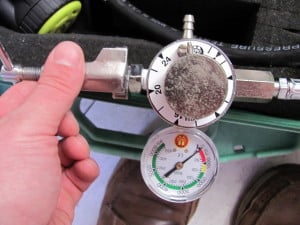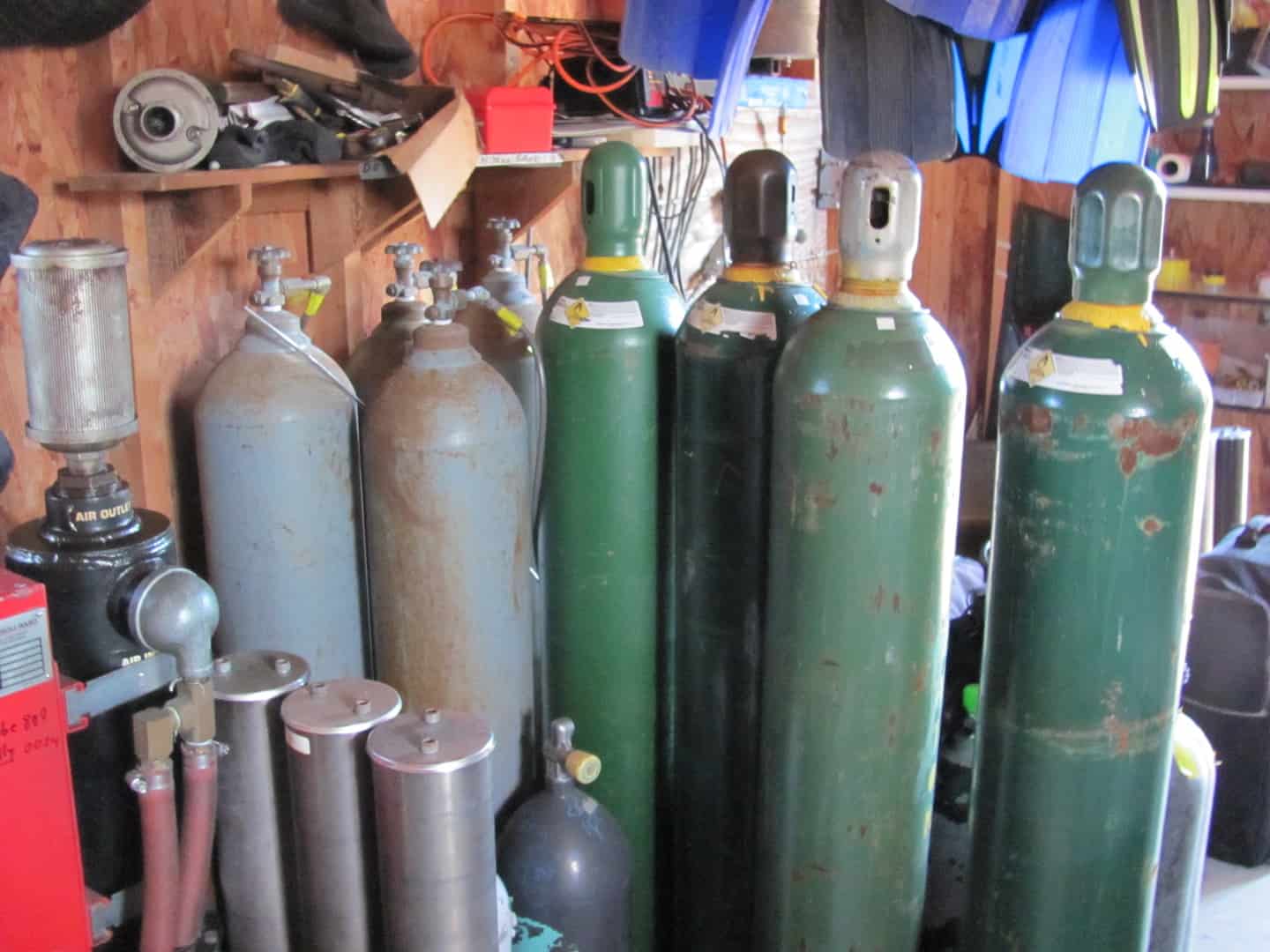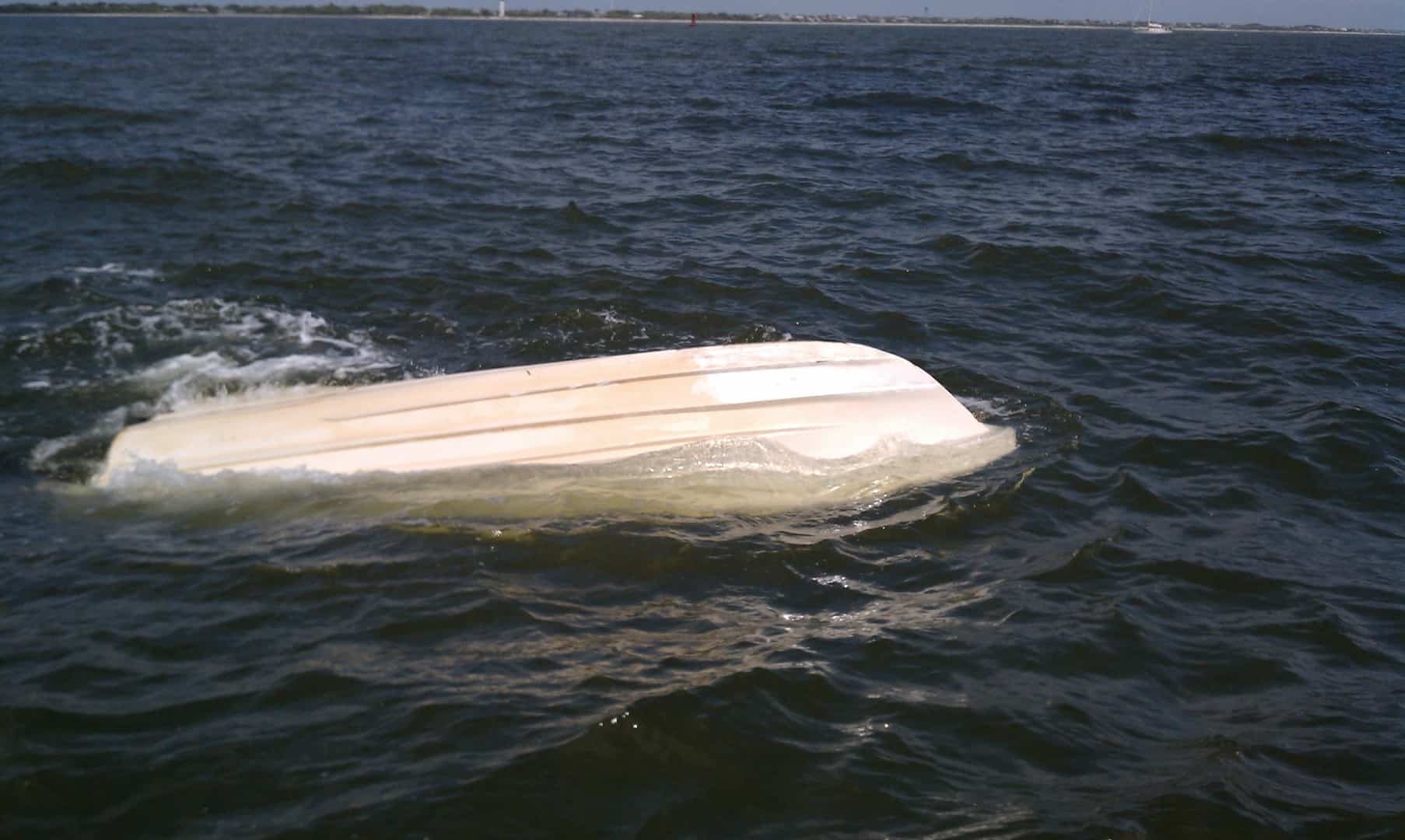Good morning to Captain and crew alike and welcome to the Admiralty Docket.

Offshore diving, whether recreational in nature or commercial, can be both fun and dangerous. Dive safety involves thorough planning, practice, and an abundance of caution. As anyone can see from watching the news, however, diving accidents occur every year for various reasons. Common causes of dive accidents include:
-
Failure of the diver to report symptoms after taking a decompression “hit”; and/or failure of other divers or crew members to properly assess divers following a dive outside the no-decompression limits or any dive where a diver reports symptoms of decompression sickness, no matter how vague or ambiguous;
A recent reminder of the potential dangers of recreational SCUBA diving involved the tragic death of a diver aboard a Coastal Scuba dive charter.Various news sources have reported that a recreational diver perished after diving in the Atlantic Ocean at the wreck of The Sherman off of the coast of Little River, South Carolina on July 28, 2012. 43 year-old Karen Murphy of Massachusetts died of causes yet unknown while on a dive charter with Coastal Scuba.
Fellow divers reported to The Charlotte Observer that, although The Sherman, at approximately 50-60 feet deep, is normally a beginner dive site, visibility for this particular was between 10 and 15 feet and that there was a fairly swift current.
The Horry County coroner’s office and the United States Coast Guard are investigating.
Read/see more at the links below:
http://www.charlotteobserver.com/2012/07/28/3413173/fellow-diver-replays-little-river.html
http://www.carolinalive./news/story.aspx?id=780164#.UDPKmd2PVJJ
Different laws may apply to individuals injured or killed in diving accidents depending upon whether the diver was employed as a commercial diver, employed as a recreational diving guide, or was a recreational diver and passenger aboard a dive vessel. While the Jones Act would apply to maritime employees, including divers, injured in the scope of their employment, regulatory and industry standards differ depending upon whether the diving was commercial or recreational in nature. Diving vessels and their owners owe passengers reasonable care for their safety under the circumstances, and those who perish as a result of a vessel’s or owner’s negligence may have a claim under the Death on the High Seas Act (“DOHSA”) and/or under state wrongful death and survival statutes, depending upon the circumstances of the particular case. Those injured in a diving related accident should seek IMMEDIATE medical care and should consult with a competent maritime attorney if they wish to explore their rights and potential remedies under the admiralty and maritime laws.
More next week on the Admiralty Docket. Until then remember that your rights and responsibilities may change as you approach the shore, and may God Almighty grant you pleasant sailing.












